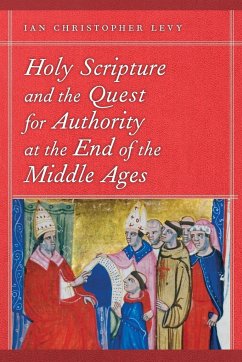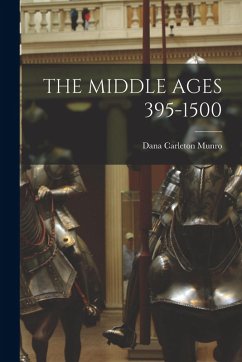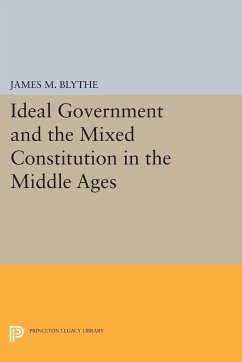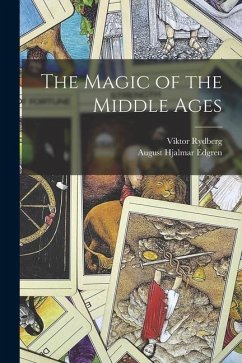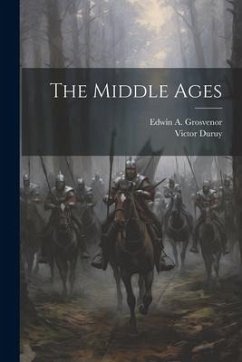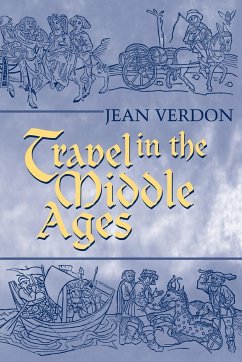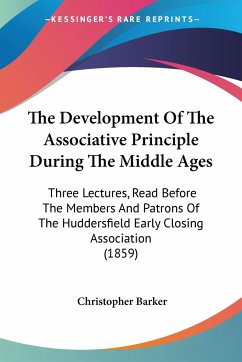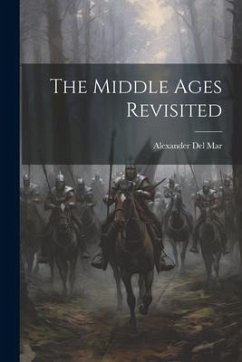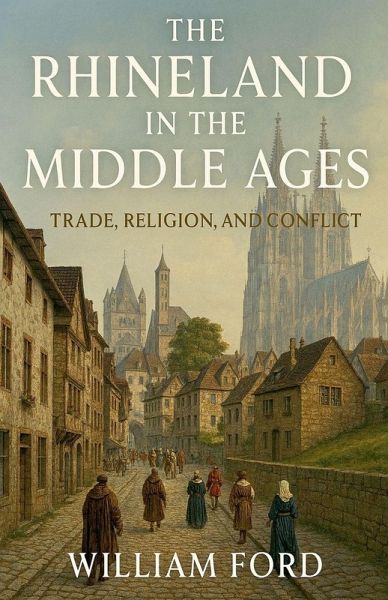
The Rhineland in the Middle Ages
Trade, Religion, and Conflict
Versandkostenfrei!
Versandfertig in 1-2 Wochen
17,99 €
inkl. MwSt.

PAYBACK Punkte
9 °P sammeln!
At the heart of medieval Europe flowed the Rhine, a powerful river that was both a natural highway and a cultural frontier. Along its banks emerged one of the most vibrant and complex regions of the medieval world-a land of soaring cathedrals and bustling markets, imperial palaces and fortified castles, mystical visionaries and practical merchants. The Rhineland in the Middle Ages takes readers on an immersive journey through this fascinating region from Roman times to the dawn of the Renaissance. Discover how three powerful archbishop-electors wielded both spiritual and temporal power while a...
At the heart of medieval Europe flowed the Rhine, a powerful river that was both a natural highway and a cultural frontier. Along its banks emerged one of the most vibrant and complex regions of the medieval world-a land of soaring cathedrals and bustling markets, imperial palaces and fortified castles, mystical visionaries and practical merchants. The Rhineland in the Middle Ages takes readers on an immersive journey through this fascinating region from Roman times to the dawn of the Renaissance. Discover how three powerful archbishop-electors wielded both spiritual and temporal power while ambitious cities like Cologne and Mainz fought for their independence. Follow merchants as they navigated dangerous waters carrying precious wine and exotic goods, building international trade networks that connected the North Sea to the Mediterranean. Witness the creative tension between religion and commerce as monastery workshops produced manuscripts while urban guilds created innovative craft traditions. This richly detailed narrative explores how the Rhineland became a crucible for many developments that would shape European history: Gothic architecture reached its perfection in Cologne Cathedral; mystical theology found expression in the works of Meister Eckhart and Johannes Tauler; Gutenberg's revolutionary printing press emerged from a Mainz workshop; and complex political arrangements balancing imperial power with local autonomy created models that would influence constitutional thinking for centuries. Drawing on chronicles, charters, archaeological discoveries, and artistic masterpieces, this book reveals a medieval landscape more sophisticated and dynamic than commonly imagined. From the terraced vineyards that transformed hillsides to the urban councils that pioneered self-governance, from Jewish scholarly communities to women's religious movements, the medieval Rhineland offers crucial insights into how European civilization took shape.



